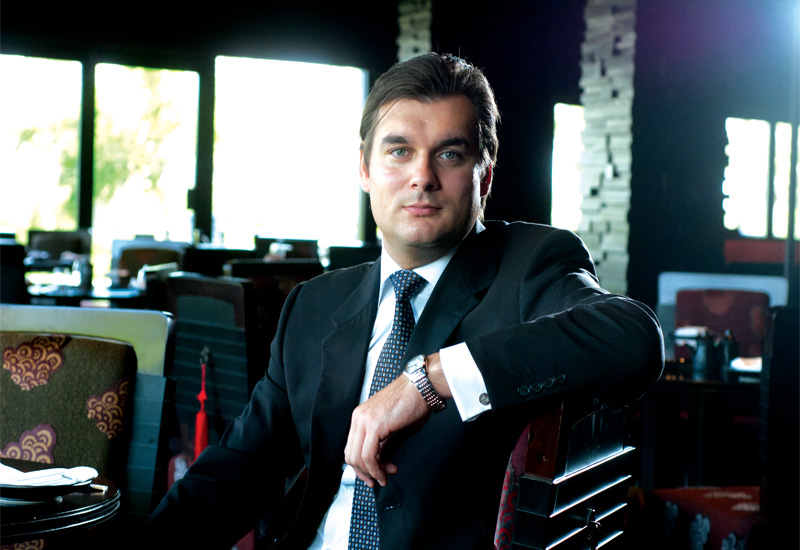Bushido’s Nicolas Budzynski uncovers what life is like for an F&B outlet in a country still recovering from the Arab Spring of last year
Political tensions in the Middle East continue to engulf media attention worldwide. One country that suffered substantially during last year’s uprisings was Bahrain. Though things have calmed, the F&B industry continues to feel the aftermath.
Bushido, one of the highly commended restaurants at this year’s Caterer Middle East Awards, provides a first-hand account of what it’s like to operate in a country recovering from the Arab Spring.

| Advertisement |
Originally based on the Buddha Bar concept, Bushido opened in April 2009 in place of a failed Thai restaurant so already had its work cut out.
Along with the cultural boundaries of the Kingdom which forced a name and theme change; a haphazard opening that failed to consider the economic standing of the venue’s custom and a dented team spirit, the biggest challenge was still to come.
The above had consequences. Changes had to be made – the menu was re-engineered and re-priced to attract a broader range of clientele.
“People in Bahrain are very price sensitive and even if they have a high income and a high position, they will still look at the menu and how much it costs and will compare a premium dining restaurant to a casual dining restaurant,” general manager Nicolas Budzynski says. “They will not look at the whole package.”
In addition to a new-look and feel menu, events and promotions were pushed and within three months the venue was well on the road to recovery. Covers had increased and average cheque improved. Though a stronger HR strategy in terms of staff training was enforced, team morale and spirit needed some work.
“When I joined, the whole focus was on getting the team together and making them understand and believe in the beauty and potential of the restaurant. The vision was to be the best restaurant in the Middle East. Whenever we get a comment/complaint it’s referring back to that vision and seeing whether we are doing the right things in accordance to it,” he says.
But before long, this united front would be threatened. In February 2011 political tensions were at an all-time high in the country and the uprising quickly devastated F&B businesses in the country.
Bushido suffered a staggering decline in its March revenue when compared with the year previous. This instant lack of footfall meant that the lounge area had to be closed for four months.
Cutting costs, either by way of reducing staff, maintenance or decor was the only way forward. The biggest difference that would be experienced was that most custom would now come from the local market as opposed to tourists.
“About 75% of our custom is regular,” explains Budzynski. “We know what their habits are, know them by name – it makes it a lot easier for us to talk to them but it also makes things a bit more difficult since they always have a higher expectation from us.”
Article continues on next page ...









 Search our database of more than 2,700 industry companies
Search our database of more than 2,700 industry companies









